UNIT FOR EXPERIENTIAL LEARNING
The Unit for Experiential Learning (UEL) forms part of the Centre for Student Life and Learning (CSLL) within the Division Student Affairs at Stellenbosch University (SU). In aligning with national and institutional goals, the UEL functions within a social justice framework that proposes students as socially conscious citizen-leaders committed to the holistic development of themselves, others, and their contexts.
UEL is mandated to offer staff and students sessions on the design, implementation, and evaluation of transformative experiential learning opportunities. This is made possible through the creation of experiential education frameworks and scaffolded experiential learning opportunities linking 21st-century competencies and the SU's Graduate Attributes. As an impact measurement, students can receive academic transcript recognition for evidence-based learning, which positions them for effective global citizen-leadership. To accomplish the above with consistent quality and efficacy, the UEL strives towards experiential education as a pedagogy for social justice.

Experiential Learning Transcript Recognition is aligned with Core Strategic Theme 1: A Transformative Student Experience because it seeks to provide “opportunities for growth to all undergraduate and postgraduate students, inclusive of guidance, support and services from SU to enable their success".[1] To implement SU's vision and mission, UEL ensures people, processes, and practices are foregrounded through integrating Monitoring Evaluation Research and Learning (MERL) in all that we do. Our approach to MERL is multi-layered and multi-dimensional, taking into account internal and external partnerships. UEL oversees the academic transcript recognition processes, from inception to completion.
HOW TO REGISTER A CO-CURRICULAR ACTIVITY FOR TRANSCRIPT RECOGNITION


Experiential Learning and Teaching are at the heart of what we do as the UEL aligns with the institutional academic project and Core Strategic Theme Two: Networked and Collaborative Teaching and Learning.
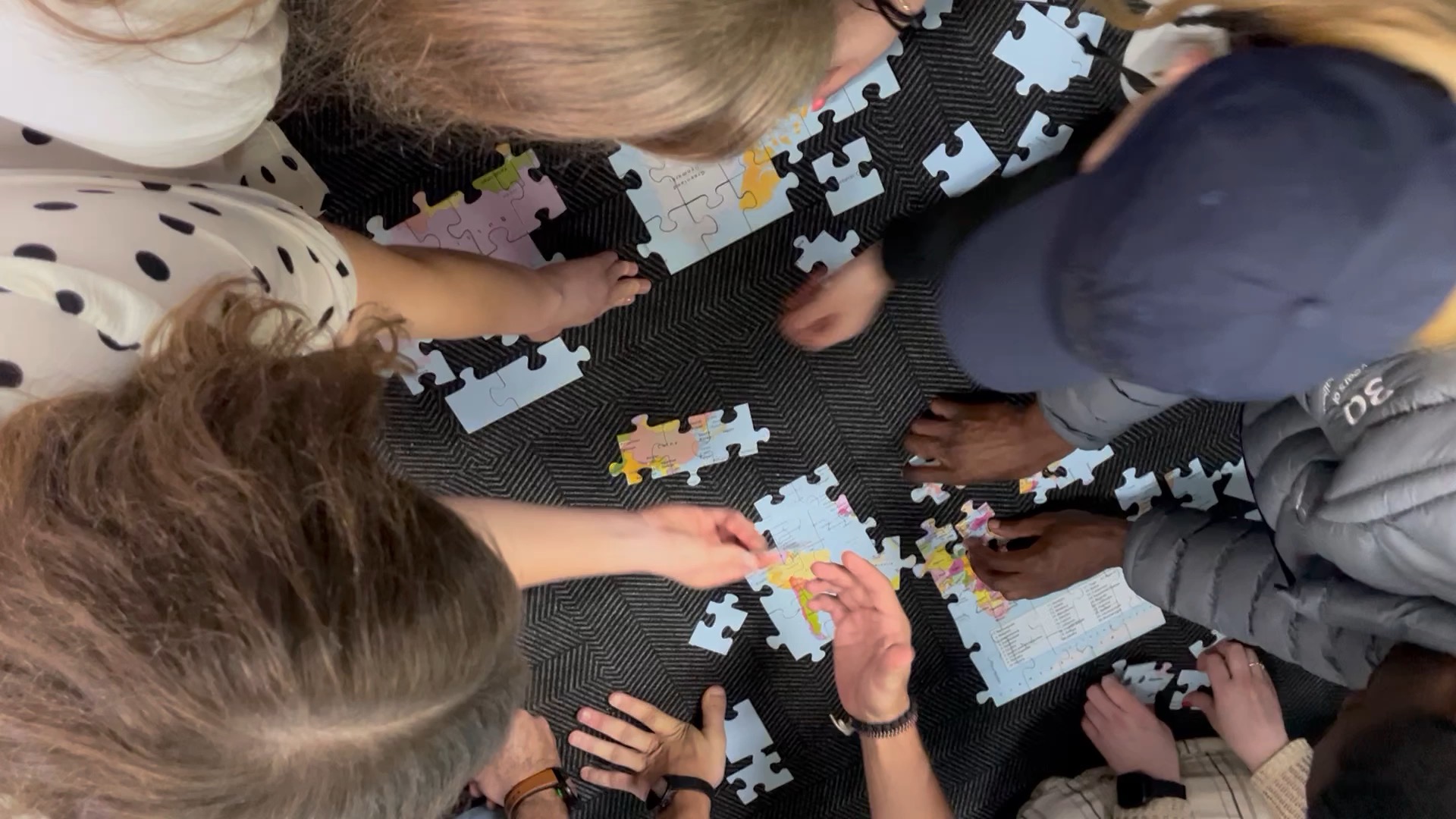
Utilising a number of Learning theories such as Kolb's Experiential Learning Theory; and the work of Freire, Mezirow and Sen to effect transformative learning design within a higher education setting. One such offering is the Designing for Transformative Experiential Learning (DTEL) click for more detail) opportunity. The purpose of DTEL is to provide the teaching and learning environment an opportunity to develop the skills, tools and techniques required to design, implement, and measure, student-centred, contextually relevant, transformative experiential learning. UEL utilises synchronous and asynchronous learning modalities to ensure equity of access and equity of outcomes. Students are able to access learning opportunities in person on campus and online off campus.
UEL is also responsible for the experiential learning competency framework and the SU Graduate Attributes integration within learning opportunities for DSAF.

Monitoring, Evaluation and Learning (MEL) in the UEL is a systematic process to ensure the quality of programmes and projects of the office and that the standards set are fit for purpose. As part of embedding MEL as practice, UEL developed its Theory of Change (TOC) and MEL Framework in light of the 8 conditions facing the South African Higher education context.
These 8 conditions are as follows:
Condition 1. Undergraduate Capability – Epistemological Access
Condition 2. Graduate Employability
Condition 3. Training vs Job-requirement
Condition 4. Social Equity and Societal Stratification
Condition 5. Social Networks
Condition 6. Technology
Condition 7. Globalisation and Global Discourse vs Internationalisation and
Condition 8. Historical Legacy of Higher Education.
This work will be expanded on throughout 2024.

UEL recognises and understands how partnerships improve the impact and reach of our work. Partnership initiatives are integral to our work for the formation of increasing learning opportunities, thereby increasing student access and success. One such partnership is the UEL and VUC Storstrøm initiative that focuses on the sustainable development goals and relationship between the global north and south.

Danish delegation visits SU to strengthen academic ties between the two countries
Collaboration and social cohesion topped the agenda of the visit this week to Stellenbosch University (SU) by Denmark's new ambassador to South Africa, Elsebeth Søndergaard Krone. Krone and a delegation from VUC Storstrøm, a Danish educational institution for young people and adults, were particularly interested in finding out more about SU's interdisciplinary Shared Humanity module which develops tools and skills to empower students to shape environments that promote social justice.
Dr Ruth Andrews, head of SU's Unit for Experiential Learning in the Centre for Student Life and Learning and head of the Shared Humanity learning experience, said that an exchange of students between Denmark and Stellenbosch in the future would allow for positive engagement between North and South on issues of inclusivity and social justice.
Dr Kelebogile Choice Makhetha, Senior Director of the Division for Student Affairs, welcomed the visit as a 'wonderful opportunity to build closer relationships" with the Scandinavian country. The prospect of establishing stronger ties with academic institutions in Denmark is in line with the University's internationalisation endeavours to expand its global networks, said Prof Wim de Villiers, SU Rector and Vice-Chancellor. The delegation also discussed the democratisation of digital pedagogies, green transition partnerships and research opportunities between the two countries.
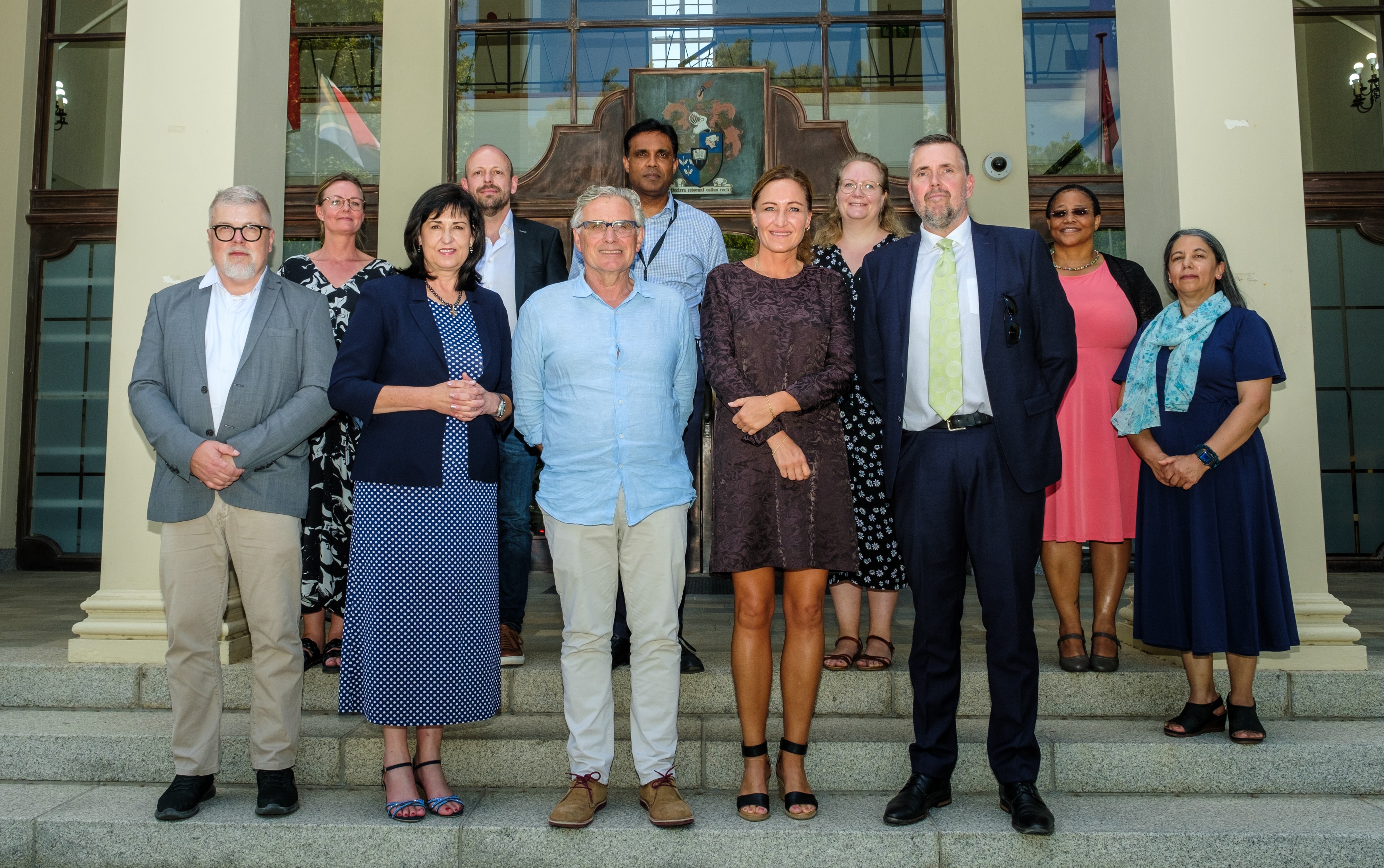 Photo: In the front from the left are Bo Møller, Guidance Counsellor: VUC Storstrøm; Prof Hester Klopper, Deputy Vice-Chancellor: Strategy, Global and Corporate Affairs; Prof Wim De Villiers, SU Rector and Vice-Chancellor; Elsebeth Søndergaard Krone, Danish Ambassador to South Africa, Martin Lasse H. Sieben, CEO: VUC Storstrøm. In the back from the left are Pernille Rasmussen, Educator: VUC Storstrøm; Rasmus Kristiansen, Head of Business and Development: VUC Storstrøm, Prof Deresh Ramjugernath, Deputy Vice-Chancellor: Learning and Teaching; Pernille Sørensen, Development Consultant: VUC Storstrøm; Dr Choice Makhetha, Senior Director: Division: Student Affairs; Dr Ruth Andrews Manager: Unit for Experiential Learning in the Centre for Student Life and Learning at SU.
Photo: In the front from the left are Bo Møller, Guidance Counsellor: VUC Storstrøm; Prof Hester Klopper, Deputy Vice-Chancellor: Strategy, Global and Corporate Affairs; Prof Wim De Villiers, SU Rector and Vice-Chancellor; Elsebeth Søndergaard Krone, Danish Ambassador to South Africa, Martin Lasse H. Sieben, CEO: VUC Storstrøm. In the back from the left are Pernille Rasmussen, Educator: VUC Storstrøm; Rasmus Kristiansen, Head of Business and Development: VUC Storstrøm, Prof Deresh Ramjugernath, Deputy Vice-Chancellor: Learning and Teaching; Pernille Sørensen, Development Consultant: VUC Storstrøm; Dr Choice Makhetha, Senior Director: Division: Student Affairs; Dr Ruth Andrews Manager: Unit for Experiential Learning in the Centre for Student Life and Learning at SU.

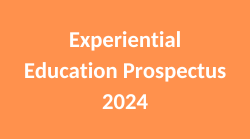
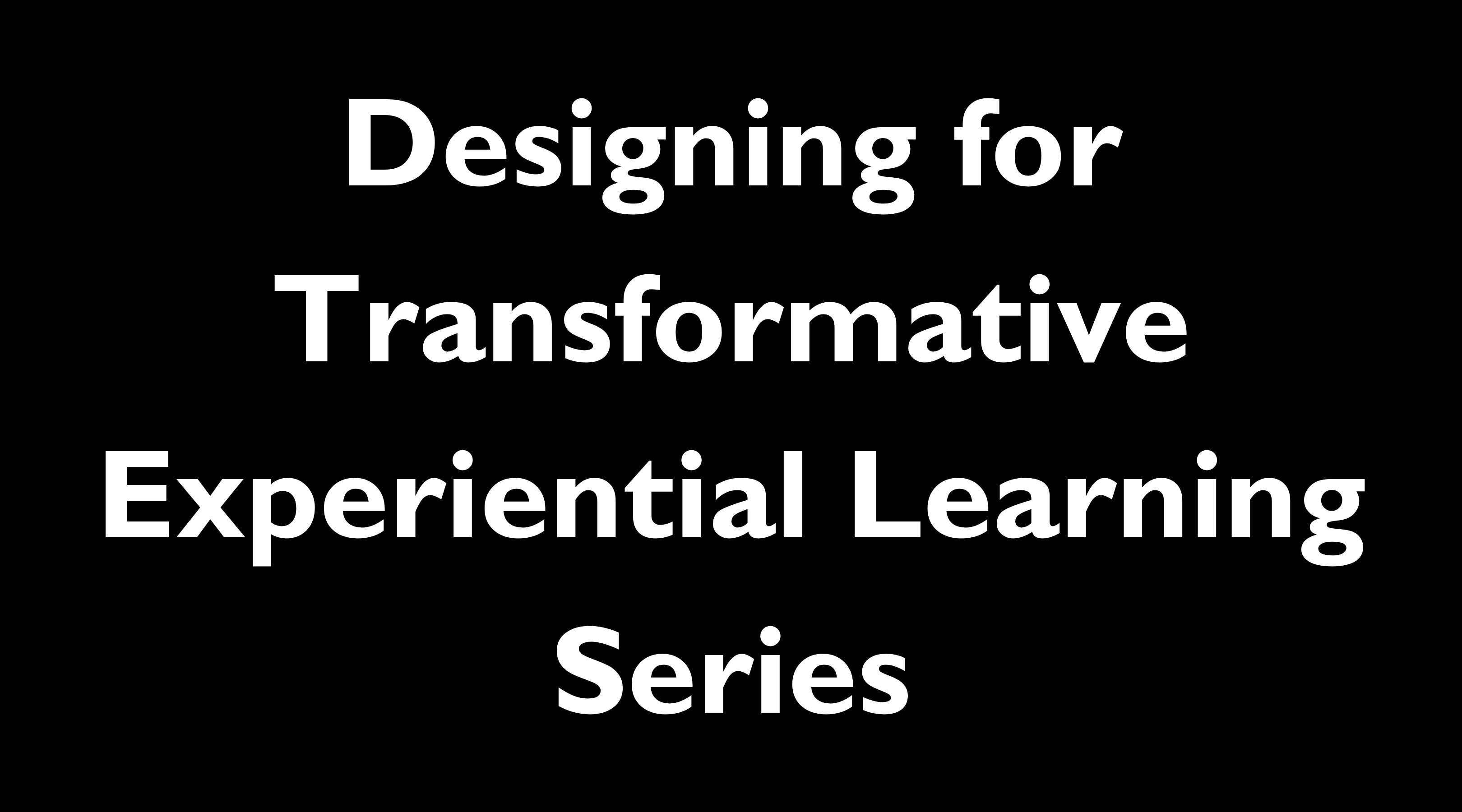
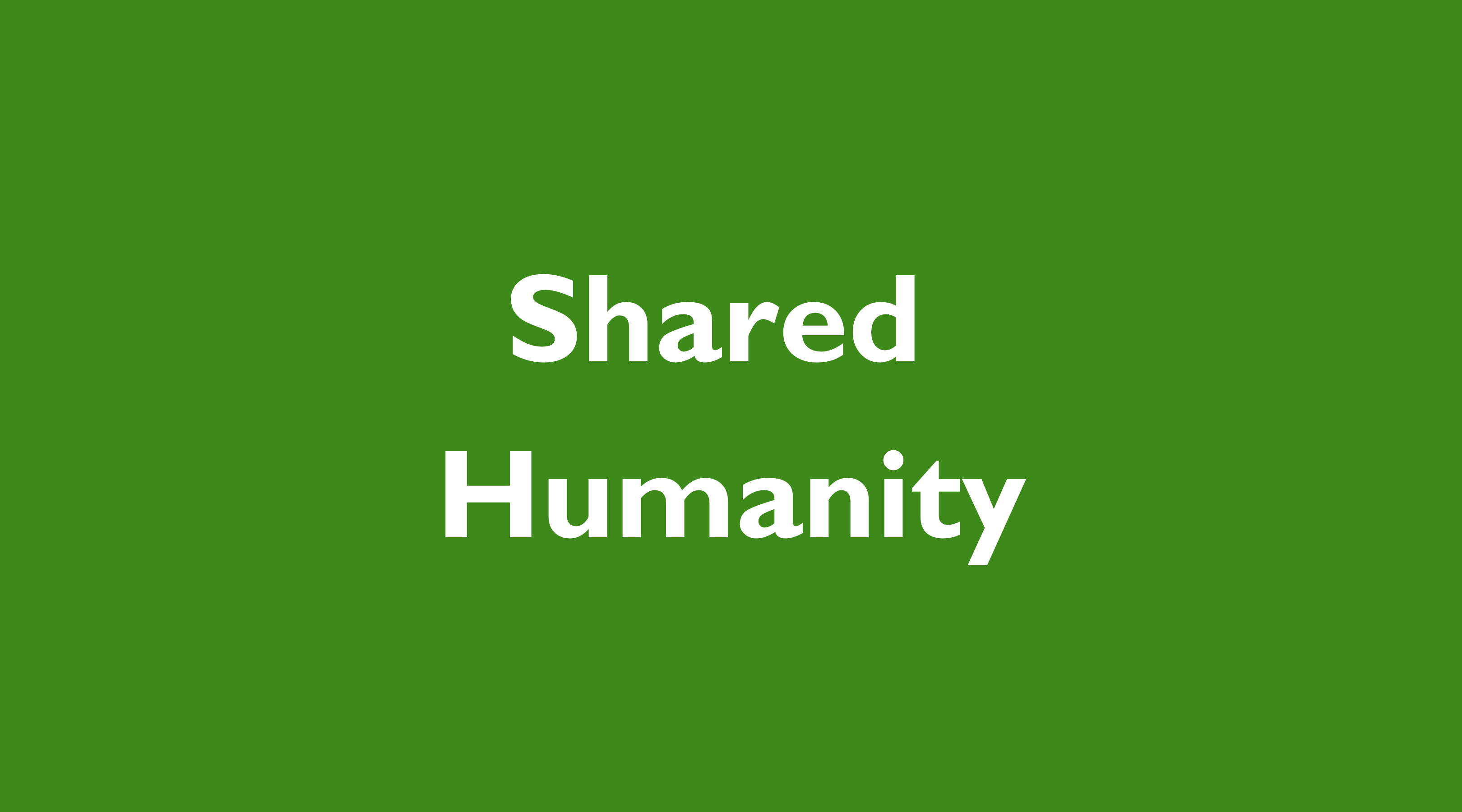
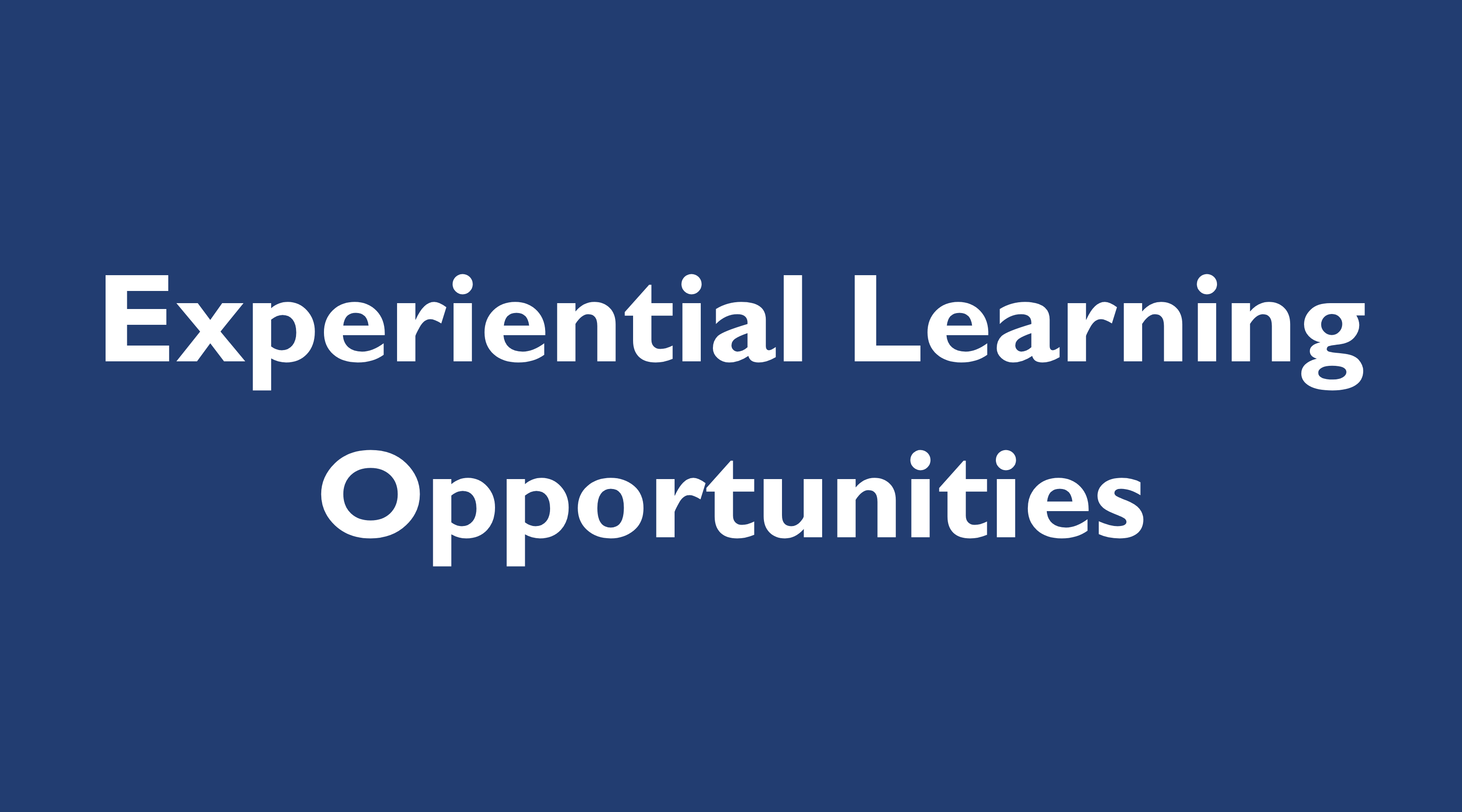
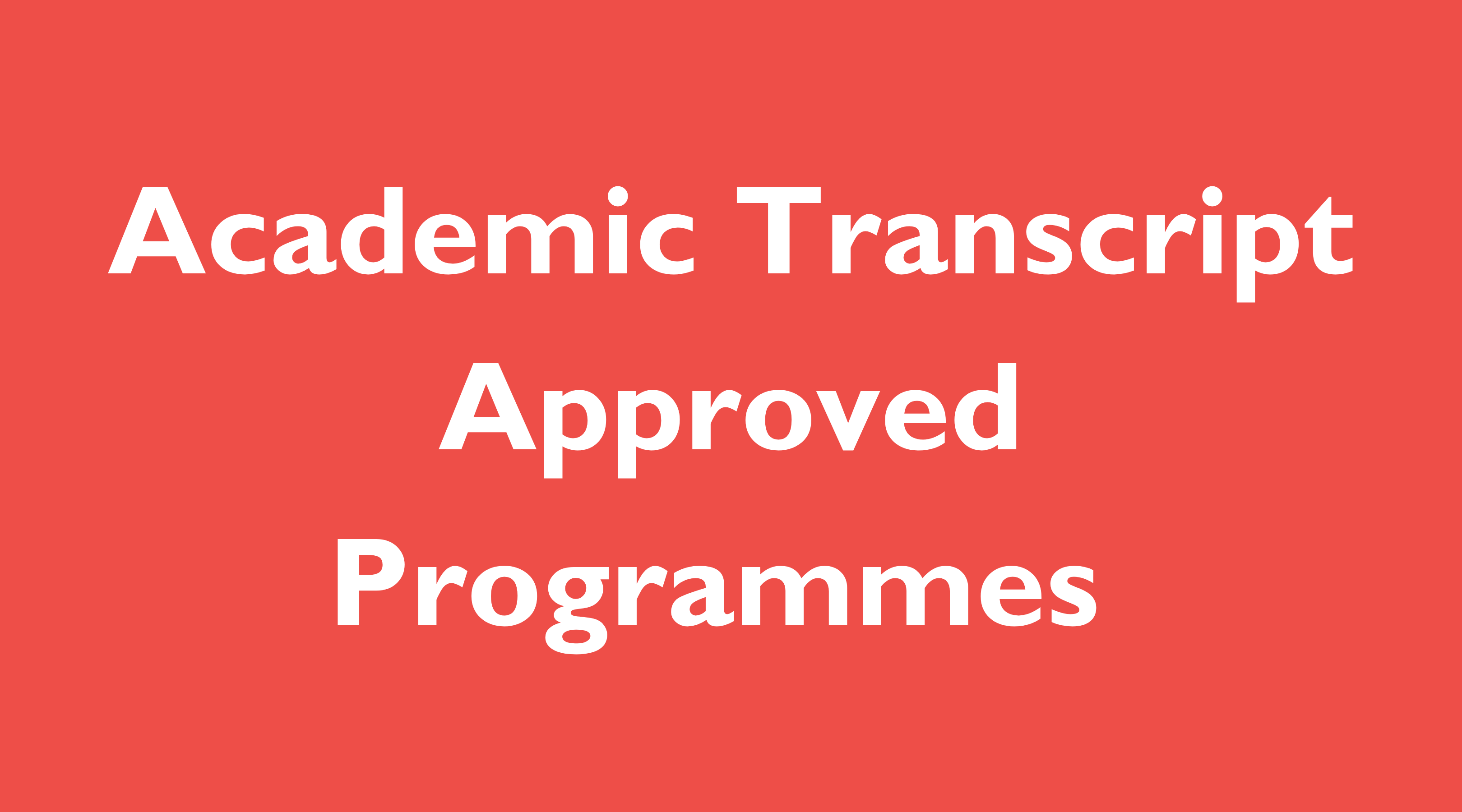
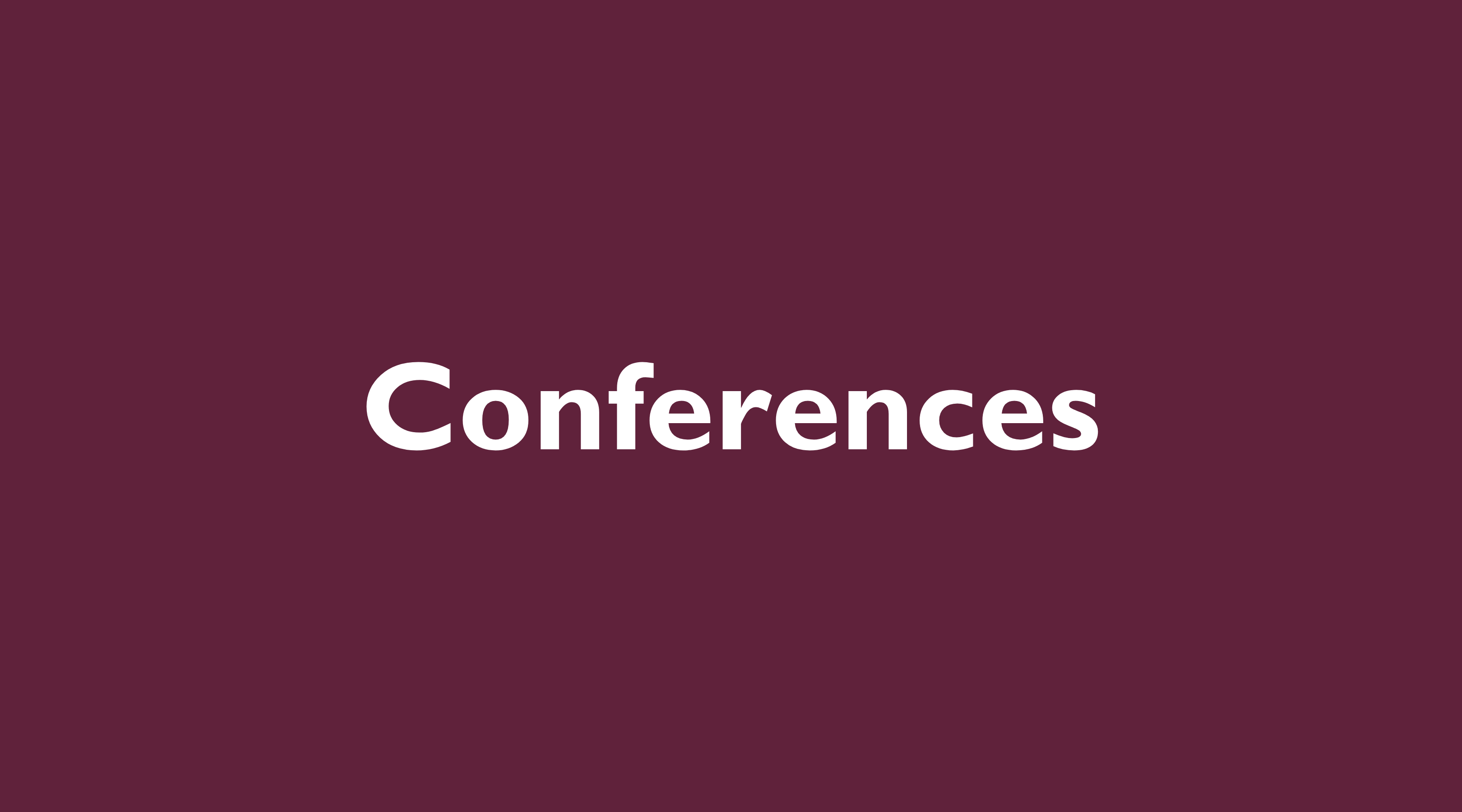
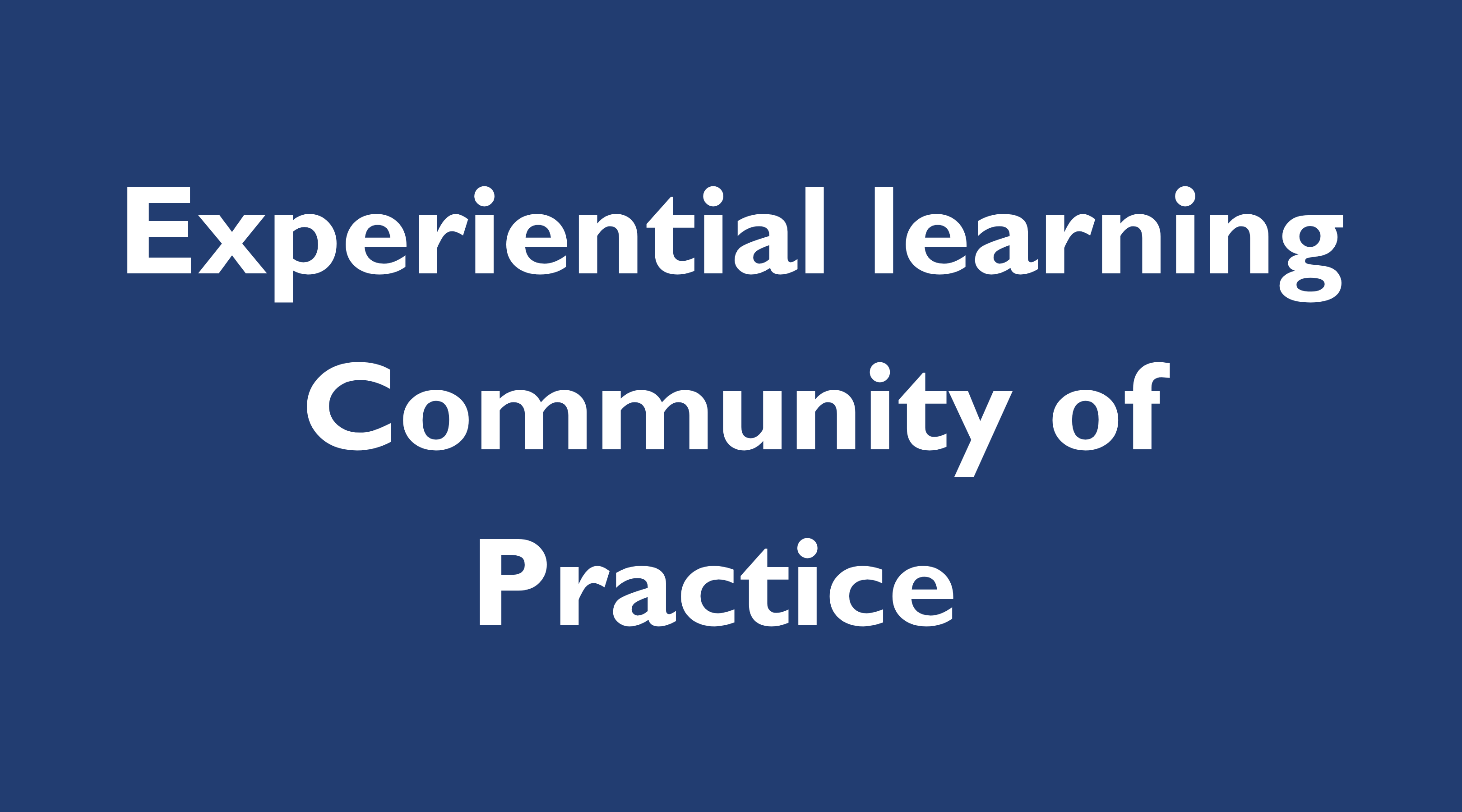
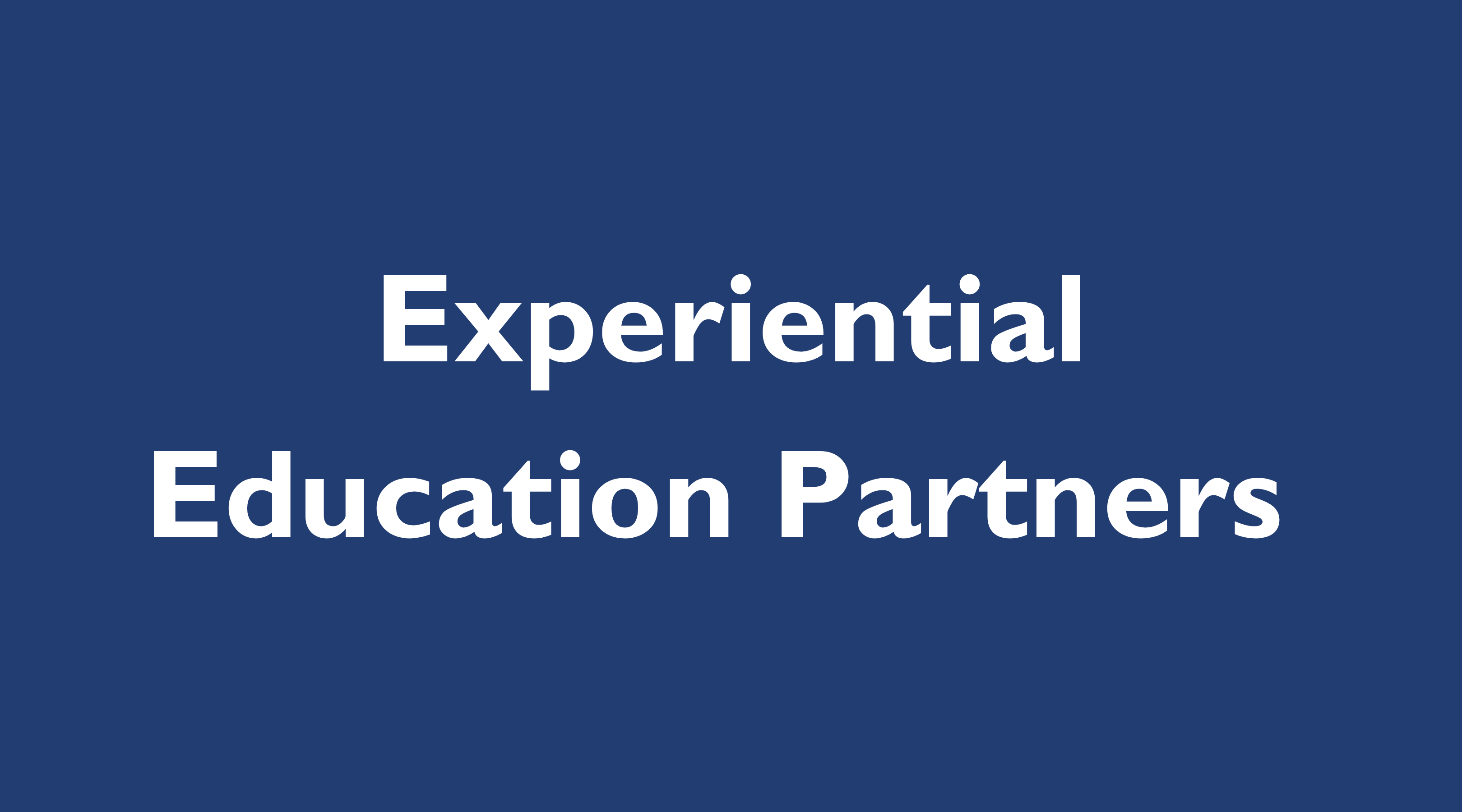
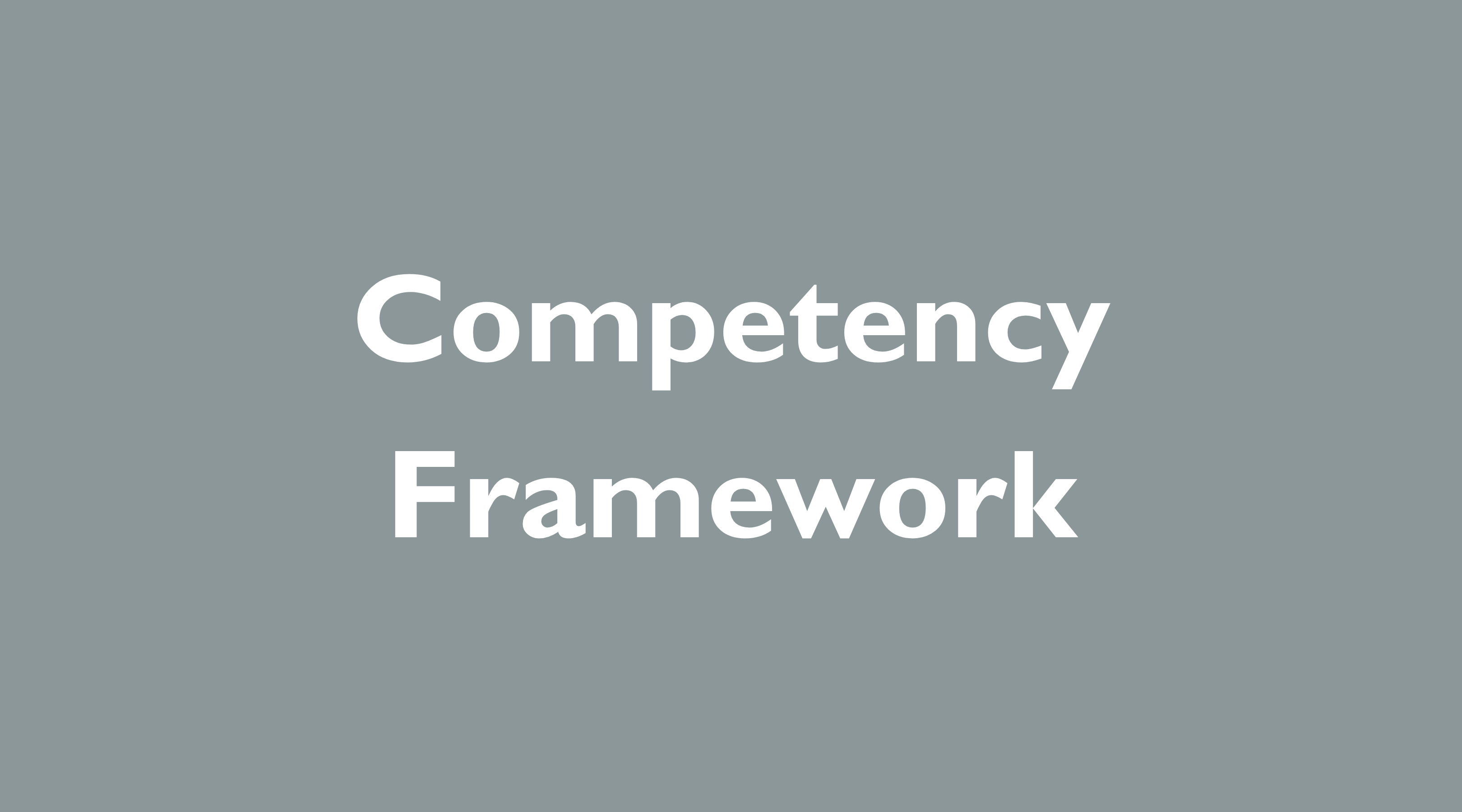
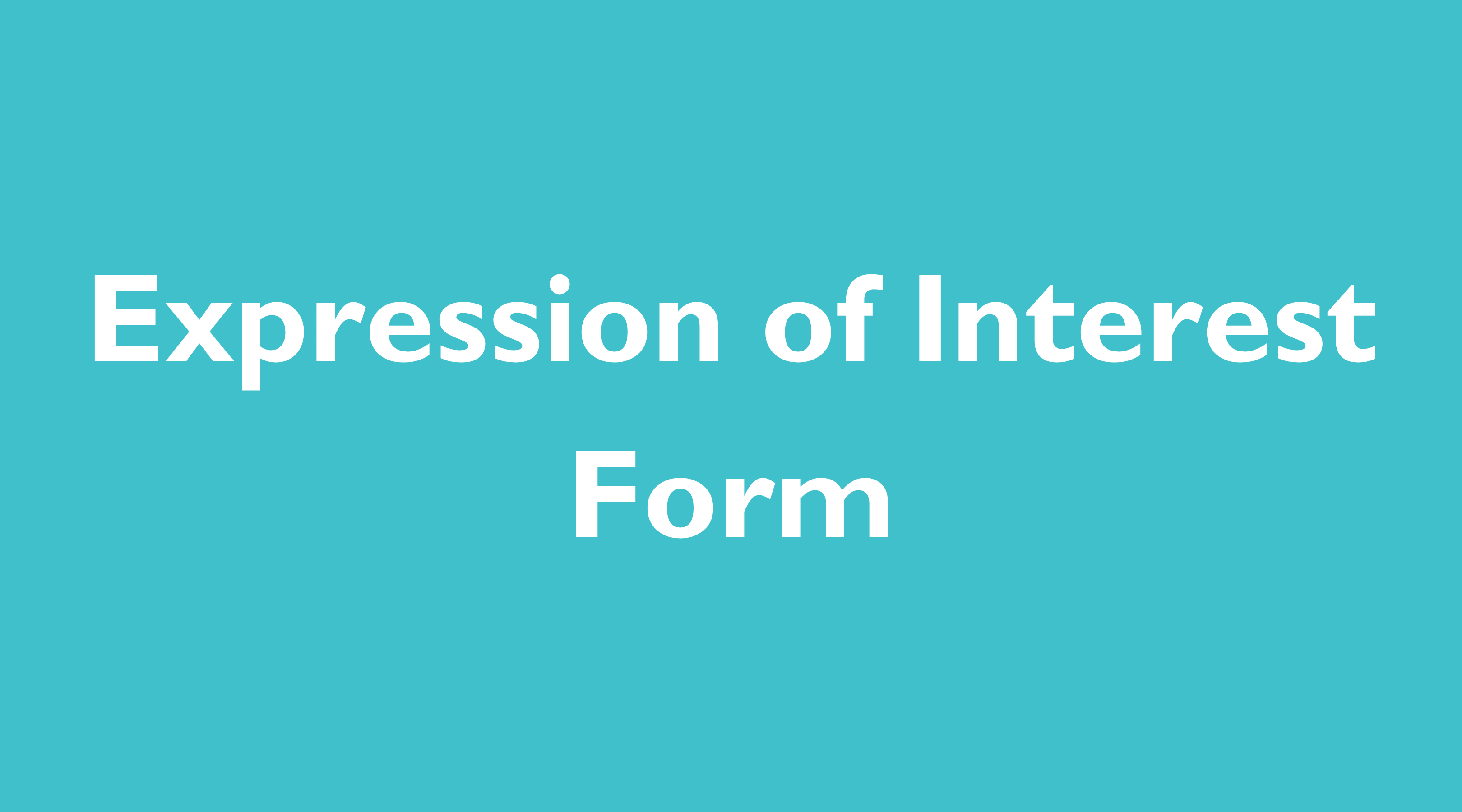
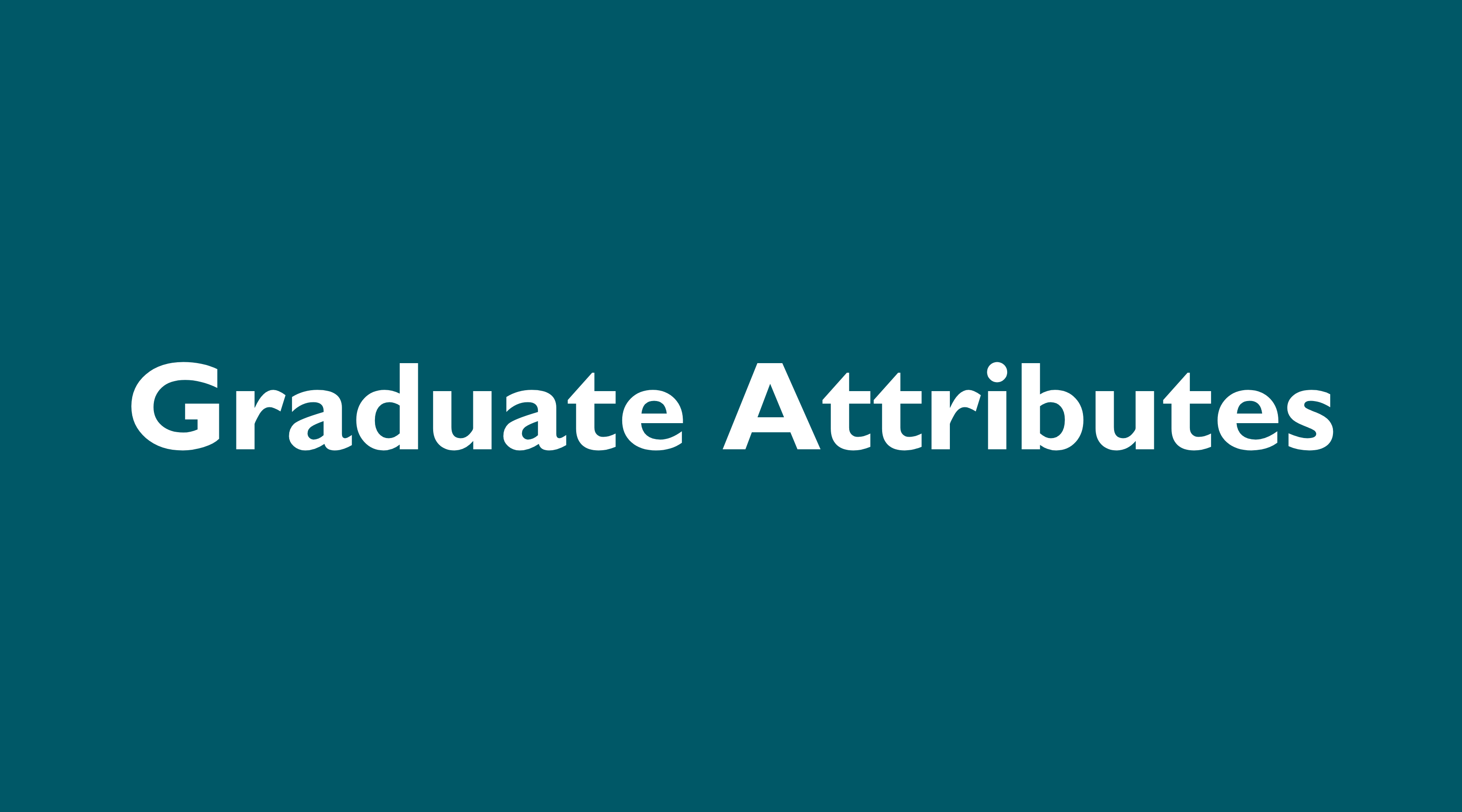
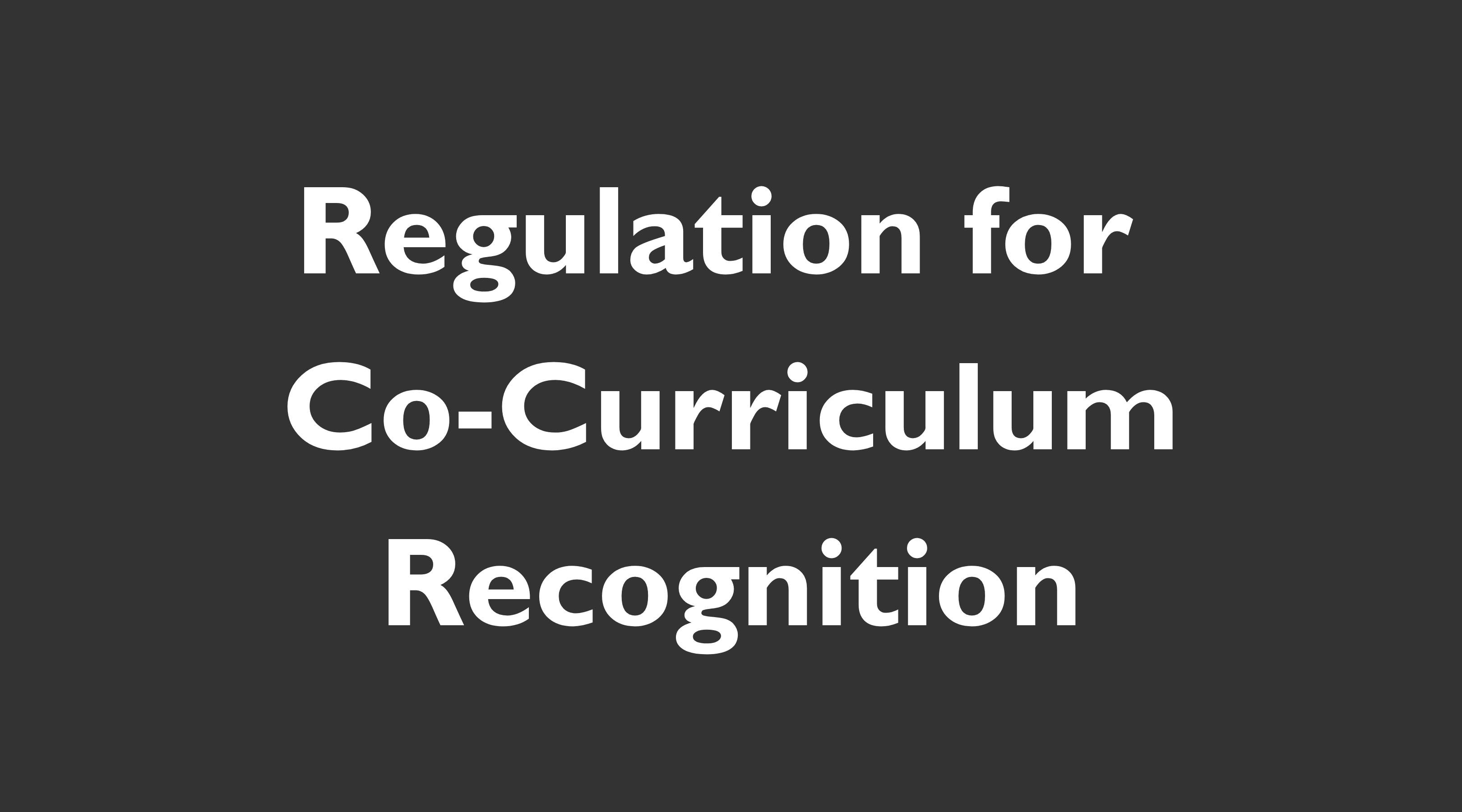

Dr Ruth Andrews
Experiential Learning Manager
E-mail: rutha@sun.ac.za
Ms Lungiswa Nomtayi
Experiential Learning Coordinator
E-mail: lungiswan@sun.ac.za
Mr Ramone Comalie
Experiential Learning Monitoring, Evaluation and Research Coordinator
E-mail: ramone@sun.ac.za

